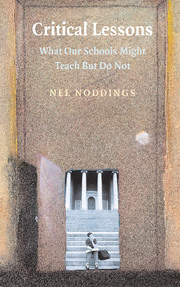8 - Making a Living
Published online by Cambridge University Press: 05 June 2012
Summary
To find out what one is fitted to do and to secure an opportunity to do it is the key to happiness.
John DeweyMany of the things we've discussed so far come together in this chapter. Everyone wants to make enough money to live comfortably, but what does this mean? Should one aim to make millions? Or is this a questionable aim for a moral life? Should one aim at a profession in order to achieve high status? Should one aim at a profession even if one would prefer to run a fishing boat, do carpentry, dance, or play the trumpet? Are there (legal) jobs that a socially conscious person should decide to avoid? The big questions: What kind of work will contribute to my becoming a whole person and also contribute to my community, and what are my chances of finding this kind of work?
Realistic Expectations
When inner-city fifth or sixth graders are asked what they want to be when they grow up, a surprising number say that they will be doctors or lawyers. Sometimes that answer persists into secondary school but, more often, it disappears and is replaced by an awful nothingness. Teachers, who have been strongly warned not to have low expectations for poor children, generally praise the initial response. Why shouldn't poor kids expect to enter the professions?
- Type
- Chapter
- Information
- Critical LessonsWhat our Schools Should Teach, pp. 198 - 223Publisher: Cambridge University PressPrint publication year: 2006



